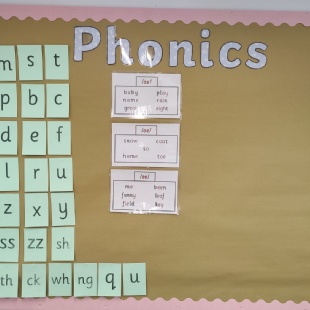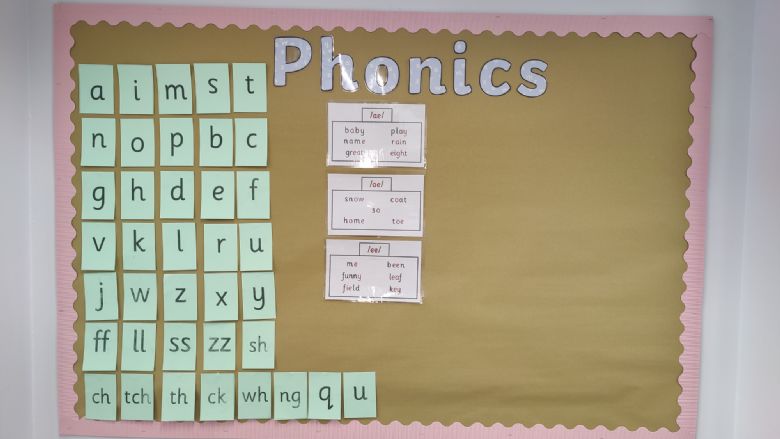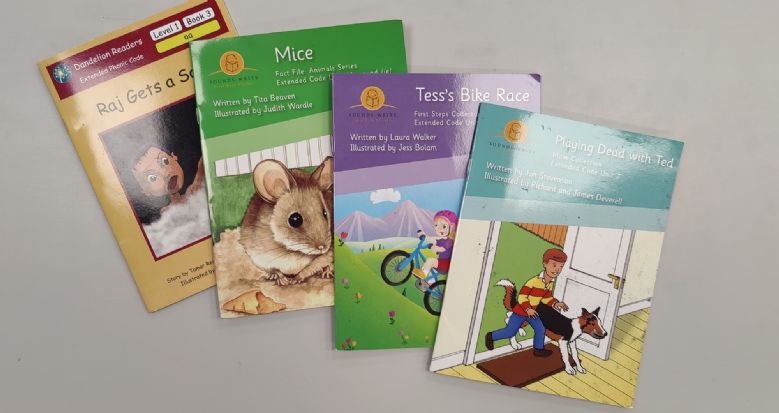Learning to read at WPS

At WPS, we use a phonics programme called Sounds-Write to teach children to read and write. It is a structured synthetic phonics programme that is based on the principles of cognitive science. It teaches spoken sounds and the corresponding spellings, which we use to represent these sounds in writing. Children are taught phonics from the first few weeks in Reception and each sound-spelling correspondence is taught in the context of real words. We encourage children to “say the sounds and read the word” as a technique for reading.
At the end of Year 1, children are tested on their reading skills by using a national test called Phonics Screening Check, which contains 20 real words and 20 nonsense words. During the phonics lessons at school, children are exposed to nonsense words to prepare them for the check. Being able to read a nonsense word relies on children being able to identify the individual sounds and then blend these sounds together, to read the word.
We teach phonics daily at school from Reception to Y2 and continue using phonetical awareness to support the teaching of spelling throughout primary school. Hence, it is vital that children learn the sound-letter correspondence early on and increase their phonetical awareness.
While practicing their reading skills at school, it is also essential that children continue the practice at home. Reading with your child at home is hugely supportive of the progress your child can make with their reading.
The reading books we send home are pitched at a level roughly two units behind the current teaching in school. It can appear that these books are quite easy, and not providing a challenge. However, the purpose of the books being sent home is to improve reading fluency and reading with expression. Initially, your child may not read the book fluently, but with repeated practice, they should be able to read the book more easily. We would like to reassure you that the books should give your child opportunity to practice reading content they are already secure with, leading to success and increased confidence when reading. Children really benefit from reading in short bursts, each day.
Reading is a skill which is necessary to support every single opportunity in life and as a school, we feel passionate about all children learning to read. Reading is the single most important skill, which a child can be helped to develop by every adult who supports them to be the best versions of themselves.
Resources and information for parents about the phonics programme is available here: https://sounds-write.co.uk/support-for-parents-and-carers/
On the website there is a course available for parents to help you better understand the scheme and how you can support your child at home. It is easy to follow, is not too long and can be stopped and started to suit.
There is also a useful Sounds-Write app available, this only works on Apple iPads. It mimics the lesson structures we use in school, and they are easy for the children to follow unsupported.
Please enter some content for your news story here.

